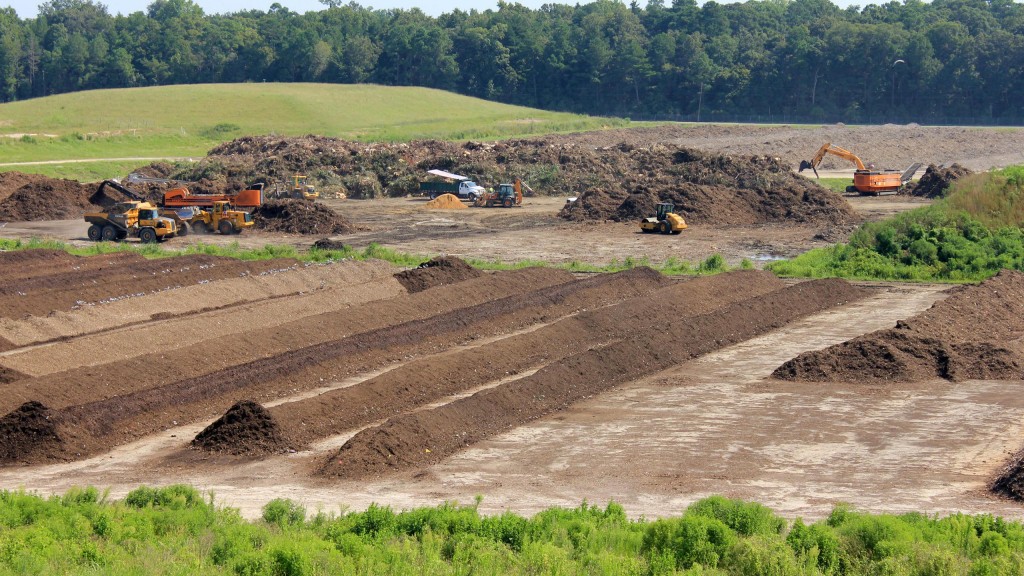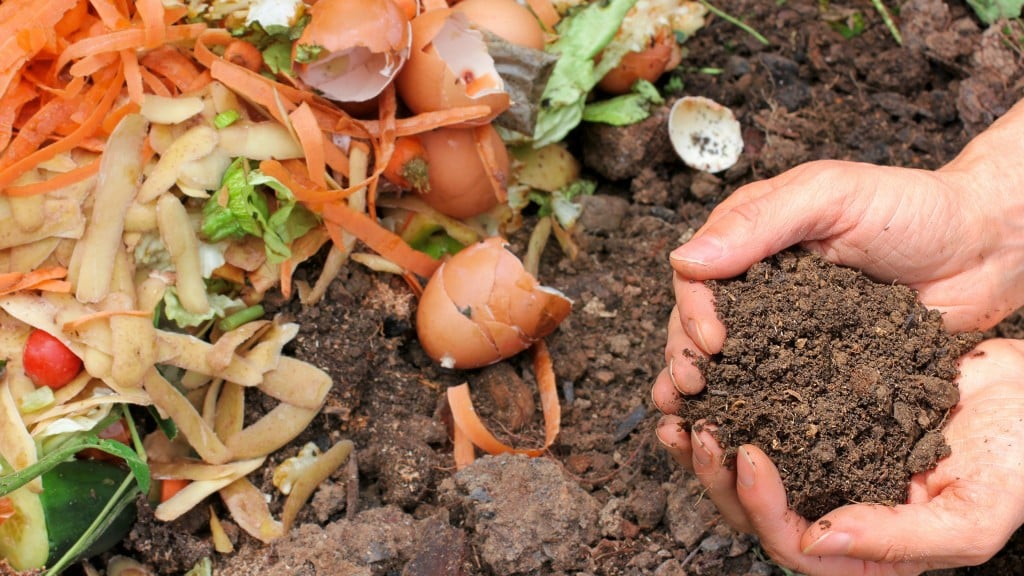Harvest Quest inoculants Key to Charleston County’s rise to compost industry leader

Charleston County, South Carolina opened their compost facility in 1989. Back then, the concept was quite visionary and progressive - the idea of a municipality operating a compost site was still rather nascent. But for the first 20 years the outcome was moderate at best, as the operation mostly stockpiled green waste and let time do most of the work. That all changed dramatically in 2011 when they reached out to Darren Midlane of Harvest Quest. After applying Harvest Quest inoculants and committing to the MSAP (modified aerobic static pile) method, Charleston County's composting facility has transformed from the "armpit" of the landfill to a crown jewel of national waste management.
"All that we had been composting was strictly vegetative waste," admits Harvey Gibson, who was at the time the Bees Ferry Facility Manager where they managed Charleston's green waste. "Green material, we would grind up and just let sit in piles for a long time. But there was no method or discipline to the process. Sometimes you would see six- or seven-foot trees sticking out of our rows."
An Entirely New Approach
Harvey met with Darren Midlane of Harvest Quest who was then brought in as a consultant to provide advice and insight on how to improve Charleston county's composting operations. What Darren had to offer was an entirely new methodology and biology that would dramatically overhaul their compost process - and the outcomes they were capable of.
"Just prior to working with Darren, we realized that you can't compost green waste alone," continues Harvey. "So we started bringing in some food waste and mixing it in our rows. But all that got us is a compost we called Carolina Muck! It was some black dirt-type substance that was never brought to proper temperature so it would be mixed with rotting wood. Piles of it would be left here from year to year and it was just not a good recipe."
According to Midlane, Harvest Quest transforms the composting process by starting with a precise organic mix recipe, applying a proprietary microbial inoculant and following a strict 60-day curing method that requires a minimal amount of turning. This modified static aerobic pile method has been demonstrated at compost facilities around North America, and has been proven academically at several major universities and endorsed by USDA regulators.
At first though, Harvey Gibson was as skeptical as they come.
"When I was first hired here at the compost site, I was told to go learn everything that Darren knows," recalls Harvey. "I didn't really know much about compost but what I was hearing Darren explain seemed counter to everything I saw others doing, especially the lack of turning."
Harvey could not refute the results.
"Honestly, what really impressed me was that Darren was able to predict everything that was going to happen," explains Harvey. "Everything. We built our row and he added the inoculant and Darren said ‘in a day you're going to see your row turn white' and less than 48 hours later our pile was turning white. Then Darren said ‘in a few more days your pile is going to reach 130 degrees', and within 72 hours the pile temperature was exactly that. And clearly it was the inoculant taking effect because on other piles where we added nothing the temperature was only about 10 degrees over ambient."
Harvey remained skeptical throughout that first 60 days, but eventually came to understand that the Harvest Quest process was as effective as Midlane had explained.
"Every step of the way, everything that Darren told me would happen worked exactly as he predicted," Harvey says. "There are a lot of ‘snake oil' additives out there but really, after 72 hours it was clear that this is different. Darren said not to turn for 30 days and predicted the temperatures at that point too. He said not to turn again until 45 days and explained what the material would look like at that point and he was exactly right.
"The MSAP method really took us from a fledgling operation to a top-of-the-class facility."
A Nationally Recognized Site
In 2014, just three years later, Charleston County was recognized as the USCC Composter of the Year.
Today, the facility hosts frequent tours from national organizations and other municipalities alike who come to use the site for training and observation. Additionally, the operation has been able to increase the price of the compost they sell which generates a nice financial benefit to the community.
"We sell every ounce we make now, which means it leaves our site as soon as it's done," says Harvey. "Annually, we bring in roughly 70,000 tons of green waste and 5,000 tons of food waste. We put down rows every day and a half, and when they're done we screen and that product is gone in a day and a half. We're far more efficient with our 19-acre site than ever."
And Harvey Gibson, once the skeptic, is now himself one of the leading authorities on composting.
"Compost is a biological process that excels in the proper conditions. And Harvest Quest has clearly cracked the code to create and maintain the perfect conditions throughout the composting process," he says. "In the end, you not only get incredible compost, but you overcome just about all of the traditional challenges of running a composting site: no odour, good quality product, small footprint, less cost, less manpower, faster curing.
"I get excited to share what we've achieved here with other compost operators now. There is a way to do this right, and when you do, the results speak for themselves."
This article was originally published in Recycling Product News, Volume 25, Number 8, November/December 2017.
Company info
PO Box 19246
Raleigh, NC
US, 27619
Website:
compostingcouncil.org
Phone number:
301-897-2715




